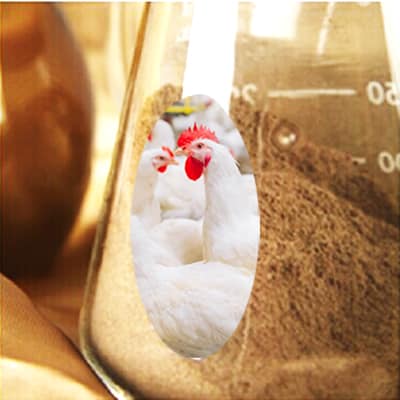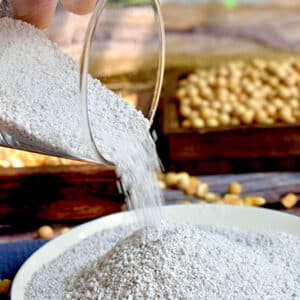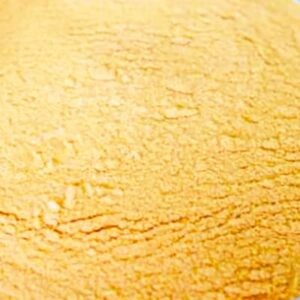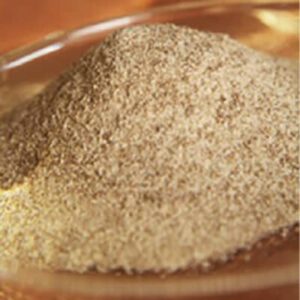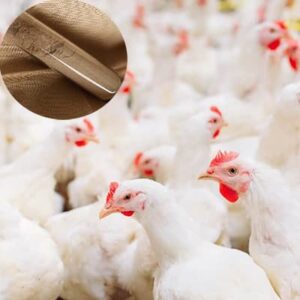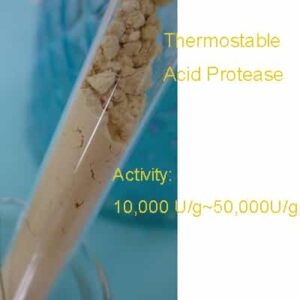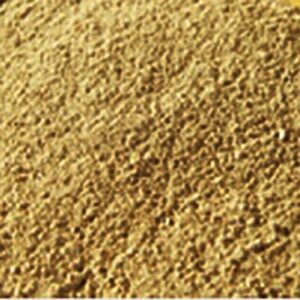Product Video
Product Introduction
Product Description
Pectinase is the general name of a kind of hydrolases that can decompose pectin. Each enzyme system cooperates to quickly hydrolyze pectin and other biological macromolecules wrapped in plant epidermis. Destroy the intercellular layer of the plant cell wall, expose the cell contents, and release encapsulated nutrients, which are conducive to degradation by animal endogenous digestive enzymes. At the same time, it changes the intestinal viscosity and reduces the negative impact of chyme viscosity on nutrient utilization and absorption.
Feed enzymes are produced by microbial fermentation and are enzymes that are added to feed to improve digestion and utilization of feed or to improve metabolic efficiency in animals. Enzymes that can be added to feed include Protease Mix, Thermostable Phytase, Highly Efficient Phytase, NSP Enzyme, Lipase, Pectinase, Cellulase, α-Amylase, Alpha- Galactosidase, Beta-Glucanase, Glucose Oxidase, Thermostable Acid Protease, Acid Protease, Thermostable Acid Beta-Mannanase, Beta-Mannanase, Xylanase, etc. About 70% or more of poultry sticky wheat rations worldwide have enzymes added to them, and nearly 90% of poultry feeds in Europe contain enzymes.
Enzyme preparations are divided into three main categories:
Non-starch polysaccharidases
Non-starch polysaccharide enzymes include xylanase, β-glucanase, β-mannanase, cellulase, α-galactosidase, pectinase, etc., which act on the corresponding NSP in the feed. livestock and poultry do not secrete this type of enzyme and must be added exogenously from the feed, which is the main enzyme preparation for feeding.
Phytase
Phytase has a special spatial structure that sequentially separates phosphorus from phytic acid molecules and degrades phytic acid (salt) into inositol and inorganic phosphorus while releasing other nutrients bound to phytic acid (salt).
Endogenous digestive enzymes
Endogenous digestive enzymes are enzymes that can be secreted by the animal’s digestive tract itself, mainly proteases, amylases, and lipases. In some special cases, endogenous enzymes also need to be supplemented by the feed.
Product Feature
- Degradation of pectin, damage to the intercellular layer of the plant cell wall, promote the release of encapsulated nutrients
- Reduce intestinal chyme viscosity, synergistically promote the action efficiency of other non-starch polysaccharide enzymes
- Improve nutrient utilization rate and animal production performance.
Product Parameter
Species: Poultry or livestock.
Appearance: light yellow powder
Enzyme Activity: 10,000U/g, 30,000U/g
CAS number: 9032-75-1
Loss on Drying: Not more than 10%
Recommended Dosage of Cellulase 10,000U/g: 10-20 g/MT of complete feed
Product Packaging and Key Point:
Package: 25kg/bag
HS Code:2309901000
12 months from the date of production under proper conditions in a dry, well-ventilated, and cool place. Keep away from the moisture and avoid storing it in a high-temperature environment. Seal both internal and external packages after use.
FAQ
A: No, according to customer needs.
A: The professional QC team will control the quality of the goods during all mass production, or if you wish, you can arrange a third-party inspection service. We will provide bulk samples for evaluation before shipment.
A: The sample is free, but the freight is payable. Please contact us in advance if you need samples. You can prepay shipping charges via PayPal or Western Union, and we will send samples as soon as we receive your shipping charges. Or you can provide your courier (DHL, TNT, etc.) account to us for pickup.
A: We can provide customers with full supervision of the procurement process and deliver the most satisfactory goods to them.
Accept delivery terms: FOB, CFR, CIF, EXW, CIP, DDP, express; Accept payment currencies: US dollars, Euros.
A: Yes, we do. We are a professional company in livestock farm products. We have a professional and strict quality control, we must provide you the best service for your need. Our product service department will keep in touch with customers and reply at any time.
Yes, we accept ordering samples to check quality. And mixing samples is acceptable.
A: For preparing samples, depending on the number of samples and process requirements, our preparation time is 1-7 days. International express delivery time is 3-7 days.
Related products
-
Animal Feed Additive Products
Mono Calcium Phosphate MCP Feed Additive
-
Feed Enzyme
Feed Additive NSP Enzyme
-
Feed Enzyme
Feed Additive Feed Enzyme Cellulase
-
Feed Enzyme
Feed Additive Feed Enzyme α-Amylase
-
Feed Enzyme
Feed Additive Animal Feed Enzyme Beta-Glucanase
-
Feed Enzyme
Feed Additive Feed Enzyme Glucose Oxidase
-
Feed Enzyme
Feed Additive Thermostable Acid Protease
-
Feed Enzyme
Animal Feed Additive Acid Protease

